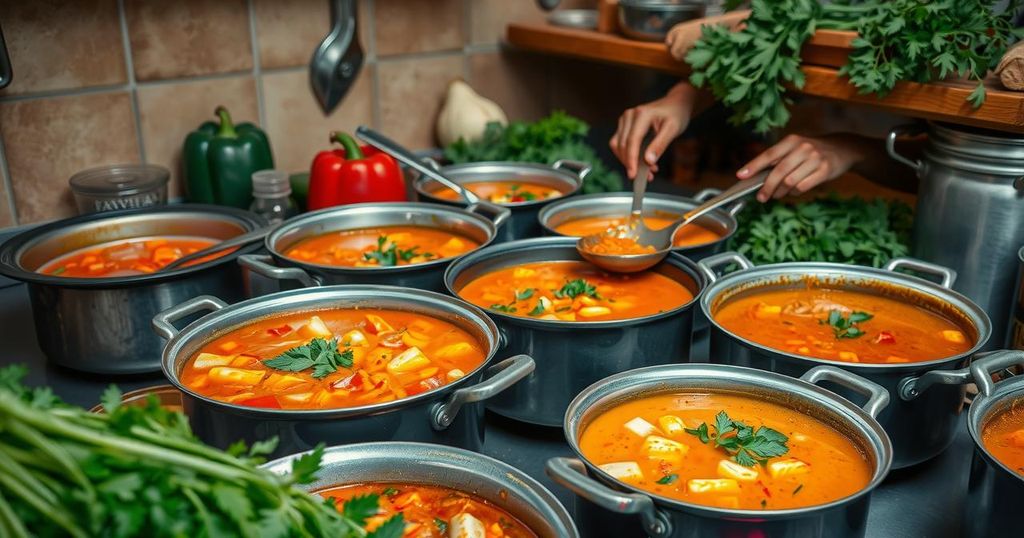Libya’s Fragile Political Landscape: Clashes and Humanitarian Crises
Political tensions in Libya are escalating as factions clash for power in Tripoli, against a backdrop of widespread humanitarian distress and a weak central government. There are important calls for international diplomatic solutions, amidst fears of a deeper conflict.
In Libya, political tensions are mounting amid ongoing struggles for power. Recently, various factions clashed in the capital, Tripoli, raising concerns over the potential escalation of violence. This comes against a backdrop of a weak government, which has been unable to assert control since the 2011 revolution that toppled long-time leader Muammar Gaddafi.
Local reports indicate that armed groups are vying for influence in different regions, further complicating an already fragile situation. Moreover, humanitarian conditions have deteriorated significantly. Many Libyans are suffering from shortages of basic services, food, and security. Aid agencies continue to face immense challenges in delivering assistance to vulnerable populations.
International observers are calling for renewed diplomatic efforts to resolve the crisis. There are concerns that existing rivalries might ignite into catastrophic conflict, drawing in foreign powers with vested interests in Libya’s resources. Already, previous ceasefires have proven fragile, often leading back to renewed fighting.
Libyan officials stress the need for unifying discussions to establish a stable government and restore peace across the nation. However, goodwill appears limited as competing factions remain skeptical of each other. A breakthrough remains uncertain as long as mistrust defines the interactions among them.
The worsening crisis in Libya highlights the need for both local and international stakeholders to engage in earnest dialogue. While many Libyans long for stability, the path forward is fraught with historical enmities and geopolitical dynamics that complicate matters. As the situation unfolds, the international community watches closely, hoping for a resolution that can bring true peace to Libya.
The current political landscape in Libya is precarious, characterized by factional clashes, diminished government authority, and worsening humanitarian conditions. Calls for international diplomatic efforts highlight the urgency of stabilizing Libya, yet mistrust among local factions complicates the prospects for peace. Without a unifying dialogue, the path forward for Libya remains tumultuous, with many anxiously awaiting a resolution.
Original Source: www.messenger-inquirer.com




Post Comment